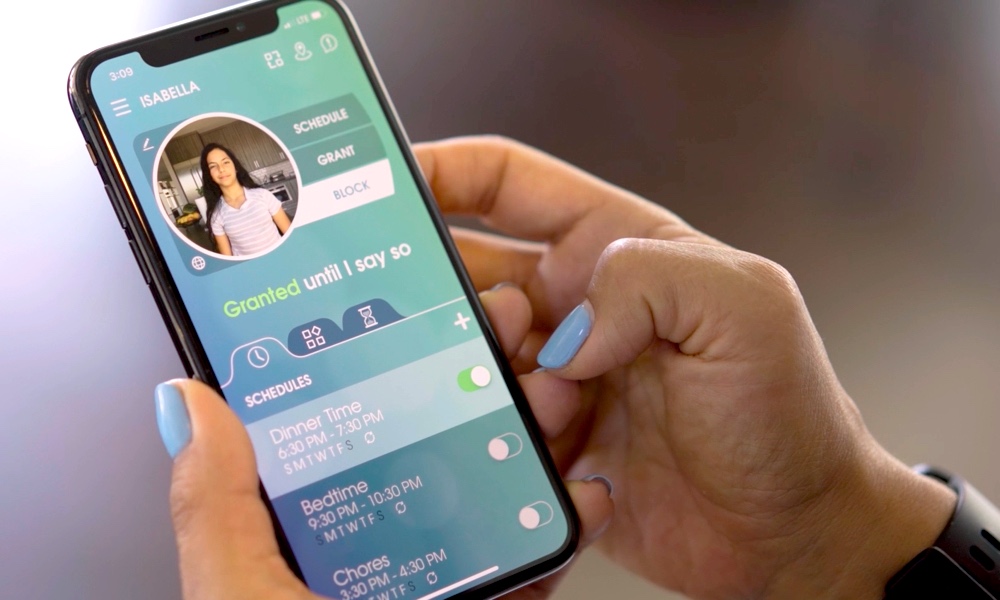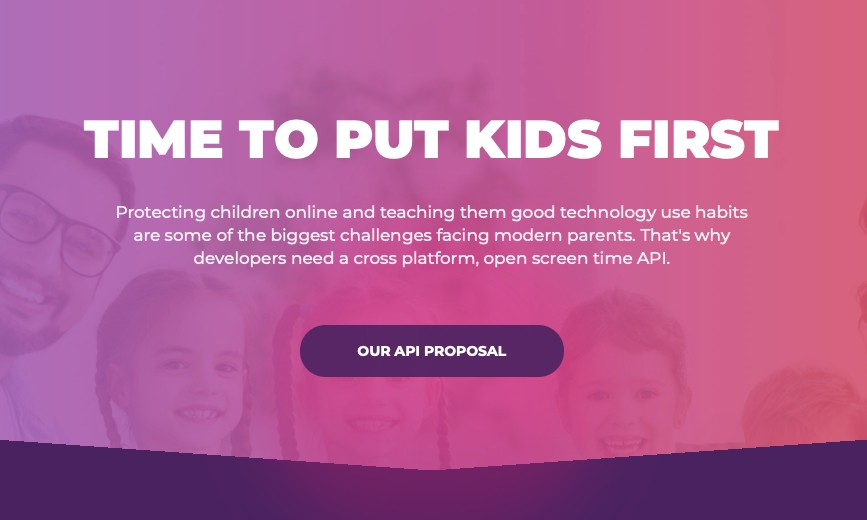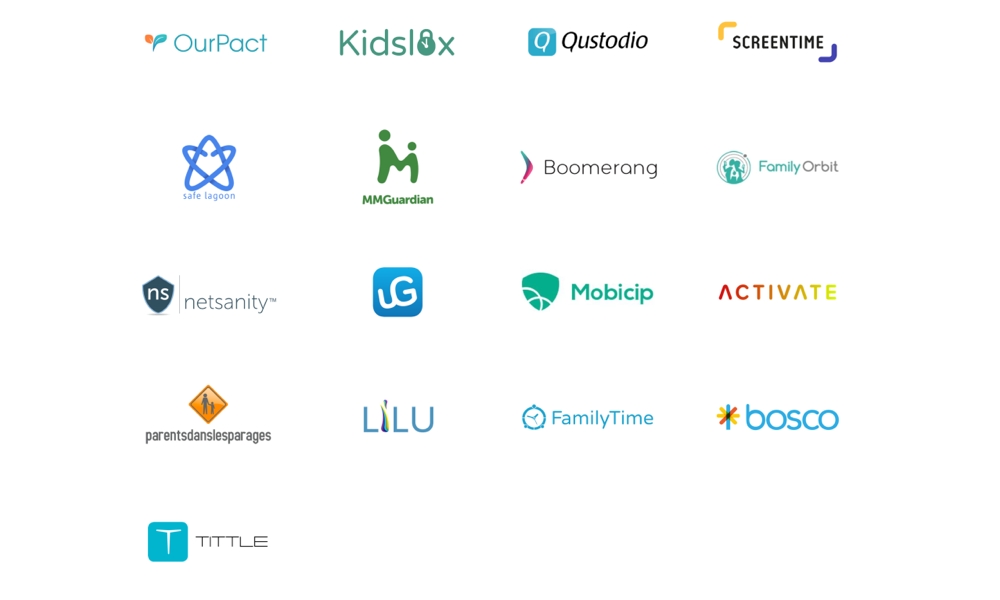Parental Control App Developers Are Demanding That Apple ‘Put Kids First’
 Credit: OurPact
Credit: OurPactToggle Dark Mode
There’s been a furor recently over parental controls on iOS, after Apple removed many parental control apps from the App Store, leading to accusations of anti-competitive behaviour — specifically that Apple was unfairly trying to promote its own Screen Time feature at the expense of third-party developers.
Apple of course responded that it was doing no such thing, but rather that it was concerned that the apps in question were inappropriately using the Mobile Device Management (MDM) technology that’s built into iOS for managing corporate devices, exposing parents — and their kids — to potential privacy and security concerns.
At least one developer pushed back against Apple’s statements, suggesting that the iPhone maker was being disingenuous at best, if not outright misleading in its statements. Nonetheless, however, Apple’s policy remained in place, and iOS users lost access to a wide array of third-party apps, many of which offered advanced features that went beyond Apple’s own Screen Time.
Despite all of the controversy, one point that Apple and third-party developers do seem to agree on — in principle at least — is that there needs to be a better way of handling this. Developers were forced to use MDM solutions simply because the understandable security limitations that Apple has put into iOS to protect users against invasive and misbehaving apps also prevent legitimate parental control apps from being able to do their jobs — that is, limiting what apps and features kids can access and monitoring their activity.
While Apple rarely offers any public explanations for its actions when it comes to policing the App Store, in this case the company uncharacteristically released a public statement, in which it both defended its decision as being in the interests of keeping kids safe, but also pledged its commitment to “providing a competitive, innovative app ecosystem” and “offering a place for these [parental control apps] to thrive as they improve the user experience for everyone.” While this could easily be PR speak, many took it as a tacit admission that Apple really does want to support third-party parental control apps, but needs to build a proper way to do this.
Of course, as the saying goes, the road to hell is paved with good intentions, and now, led by former Apple exec and iPod patriarch Tony Fadell, a group of parental control app developers have banded together ahead of WWDC to insist that Apple come through on its vaunted statements, and build the necessary capabilities that would allow their parental control apps to function properly and be re-admitted to the App Store.
Fadell’s involvement was noted in a report by The New York Times, which revealed that he was actively encouraging the affected developers to present a united front to Apple, and to do so “BEFORE WWDC” in order to put more pressure on Apple to respond to their demands.
The specific case made by Fadell and the group of developers is that Apple needs to create the necessary API (Application Programming Interface) in iOS that would allow companies who develop parental control apps to access the system-wide features necessary to allow parents to control and monitor their kids’ iOS devices.
A total of 17 companies have signed on to the proposal, jointly launching a website, screentimeapi.com, where they outline the specifics of what they’re looking for in an API from Apple, in technical terms. The proposed solution is an extremely reasonable approach that looks like it would address all of Apple’s stated privacy and security concerns. Of course, Apple would still need to implement it, and with iOS 13 ready to be debuted on Monday, it seems like it may already be too late for the feature to actually find its way into the next major release of iOS, but the group hopes that they can at least get Apple to make a commitment to moving forward in this area.
While it seems extremely unlikely that Apple’s move is anti-competitive — unlike services like Apple Music, the company makes absolutely no money from its Screen Time feature in iOS 12, and has more to lose than it does to gain by kicking out third-party parental control apps — this has not stopped irate parental control app developers from launching antitrust complaints with European and Russian authorities, a move that some also hope will put additional pressure on Apple to respond to their demands more quickly.
Apple has declined to comment thus far, but it will be interesting to see if any mention is made of parental control or Screen Time technology during Monday’s WWDC Keynote.








